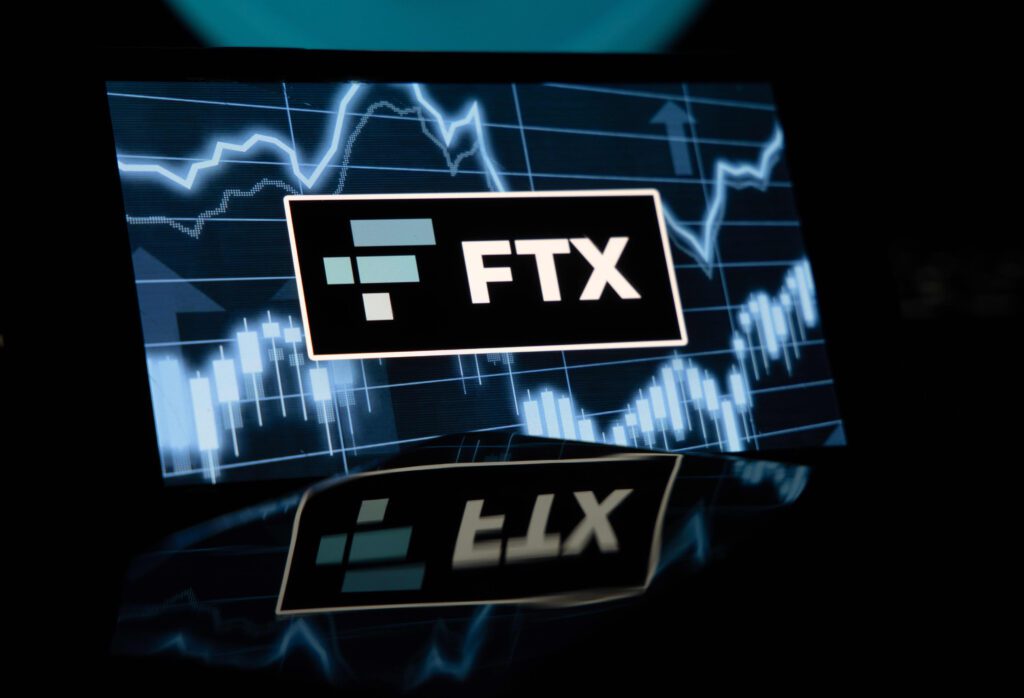On Thursday, FTX Trading filed a lawsuit against its founder, Sam Bankman-Fried, and other former executives of the cryptocurrency exchange, seeking to recover more than $1 billion they allegedly misused before FTX’s bankruptcy.
The complaint, submitted in Delaware bankruptcy court, also names Caroline Ellison, who led Bankman-Fried’s Alameda Research hedge fund, as well as former FTX technology chief Zixiao “Gary” Wang and former FTX engineering director Nishad Singh as defendants.
According to FTX, the defendants continuously misappropriated funds for personal endeavors, including financing luxury condominiums, making political contributions, and engaging in speculative investments, while perpetrating “one of the largest financial frauds in history.”
The alleged fraudulent transfers took place between February 2020 and November 2022, around the time when FTX filed for Chapter 11 protection. FTX claims that these transfers can be reversed, or “avoided,” under the U.S. bankruptcy code or Delaware law.
Bankman-Fried’s spokesperson declined to comment, and lawyers representing the other defendants have not responded to requests for comment.
FTX is now under the leadership of John Ray, who previously assisted in managing Enron after its 2001 bankruptcy.
U.S. prosecutors have accused Bankman-Fried of being the mastermind behind the fraud that led to FTX’s collapse, involving the misappropriation of billions of dollars of customer funds. Bankman-Fried has pleaded not guilty to the criminal charges, while Ellison, Wang, and Singh have pleaded guilty and agreed to cooperate with prosecutors.
According to the complaint, the fraudulent transfers include over $725 million of equity that FTX and West Realm Shires, an entity controlled by Bankman-Fried, granted “without receiving any value in exchange.”
Additionally, FTX alleges that Bankman-Fried and Wang misused $546 million to purchase shares of Robinhood Markets, while Ellison used $28.8 million for personal bonuses.
The complaint further states that some of Bankman-Fried’s criminal defense expenses are being financed from a $10 million “gift” he gave to his father.
FTX claims that the transfers were made when FTX-related entities were already insolvent, and the defendants were aware of this fact.
Under federal law, bankruptcy trustees have the authority to reverse property transfers made within two years before Chapter 11 filings, especially if the transfers were made for less than their value and with the intent to defraud a bankruptcy estate.
Read More












